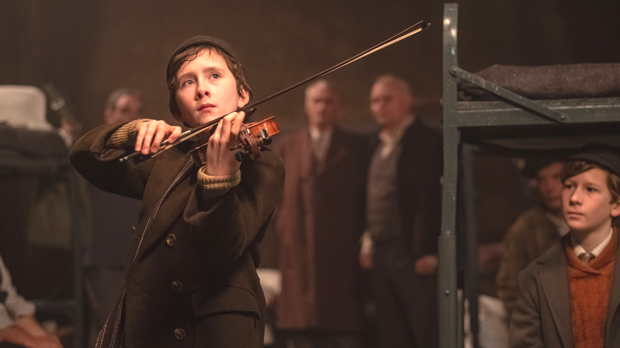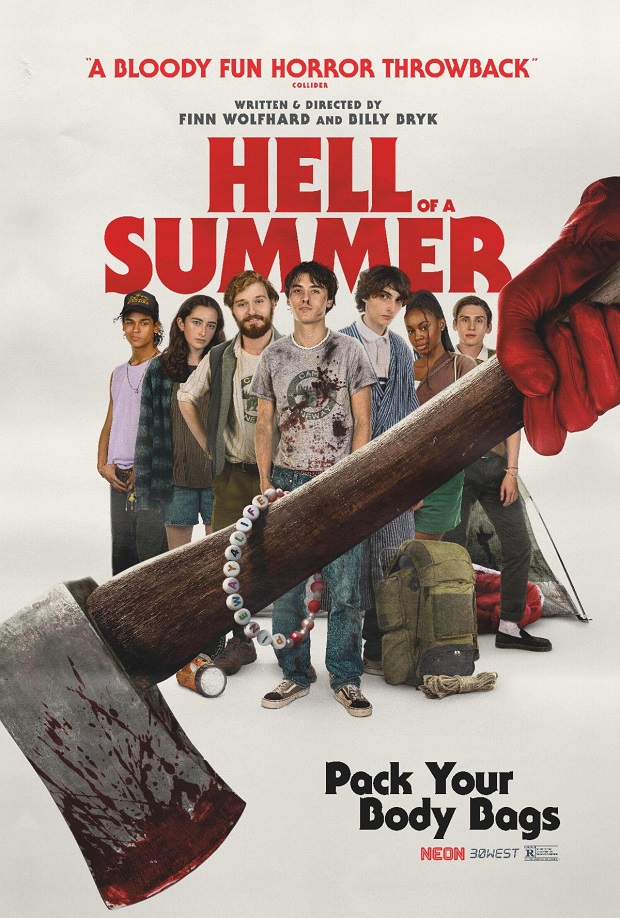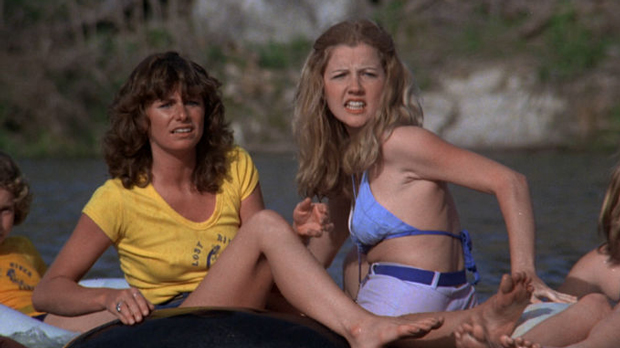 The Song of Names (2019) Sony Pictures Classics/Drama RT: 113 minutes Rated PG-13 (some strong language, brief sexual material, thematic elements) Director: Francois Girard Screenplay: Jeffrey Caine Music: Howard Shore Cinematography: David Franco Release date: January 10, 2019 (Philadelphia, PA) Cast: Tim Roth, Clive Owen, Catherine McCormack, Jonah Hauer-King, Gerran Howell, Luke Doyle, Misha Handley, Saul Rubinek, Richard Bremmer, Amy Sloan, Max Macmillan, Julian Wadham, Stanley Townsend. Box Office: $1.1M (US)
The Song of Names (2019) Sony Pictures Classics/Drama RT: 113 minutes Rated PG-13 (some strong language, brief sexual material, thematic elements) Director: Francois Girard Screenplay: Jeffrey Caine Music: Howard Shore Cinematography: David Franco Release date: January 10, 2019 (Philadelphia, PA) Cast: Tim Roth, Clive Owen, Catherine McCormack, Jonah Hauer-King, Gerran Howell, Luke Doyle, Misha Handley, Saul Rubinek, Richard Bremmer, Amy Sloan, Max Macmillan, Julian Wadham, Stanley Townsend. Box Office: $1.1M (US)
Rating: ***
As he did in Thirty Two Short Films About Glenn Gould and The Red Violin, director Francois Girard takes a sober, low-key approach to The Song of Names, a drama about survivor’s guilt wrapped in a missing person mystery. It stars Tim Roth (The Hateful Eight) as Martin, a London music teacher married to his teen sweetheart Helen (McCormack, Braveheart) circa 1986. He’s never gotten over the unexplained disappearance of his best friend Dovidl, a violin prodigy and Jewish refugee from Poland his father agreed to take in when WWII broke out in Europe. Over the years, the two boys became like brothers. Then in 1951, on the night he was to make his public debut at a special concert, Dovidl never shows up. He hasn’t been seen or heard from since.
The mystery has haunted Martin for more than half his life. Quite by chance, he encounters a young violinist who rosins his bow the exact same way Dovidl did. The boy introduces Martin to the man who taught him that move. The man tells Martin everything he knows which isn’t that much. And so the investigation begins, one that will take Martin to Warsaw and New York. I guess it’s not telling that Martin eventually locates Dovidl (Owen, Children of Men). The real mystery concerns why he suddenly disappeared that fateful day in ’51. What happened that altered the course of his life? Since it basically killed his father, Martin feels he’s entitled to some answers.
The Song of Names is at its best in the flashback scenes showing young Martin and Dovidl growing up together in the 1940s. Martin, a reserved sort who plays “a bit” of piano, is initially resentful of the arrogant, self-proclaimed genius with whom he’s forced to share his room. He hates having to switch over to kosher eating in order to accommodate their guest. Hatred turns to friendship with the boys exploring Blitz-era London with its burned-out houses and buildings. Martin’s father grooms Dovidl for a successful career as a virtuoso violinist even as he worries about his family’s fate back home in Poland. He ultimately renounces his faith because God doesn’t see fit to provide him with the answers he needs. Martin’s search for answers later in life mirrors that of Dovidl in his youth.
Without giving anything away, I will say there’s an emotional element to The Song of Names once we learn the meaning of the title. At the same time, Girard dials it back to the point where it doesn’t quite provide the level of catharsis one normally expects from such heavily charged material. It’s still an intriguing film, one that’s bolstered by controlled performances from Roth and Owen. Like the movie, their characters are understated even in their most powerful moments like when Dovidl eventually finds out what happened to his family. I can safely say that Owen’s performance in The Song of Names is his most uncharacteristic. McCormack’s character, on the other hand, does little more than show concern for her husband and regard Dovidl with distrust.
Although The Song of Names doesn’t exactly explore new terrain, it does tell a compelling story in a mostly compelling way. It held my interest throughout and the music played by Dovidl is beautiful. If only the movie reached as high a crescendo, it could have been great instead of merely good.




